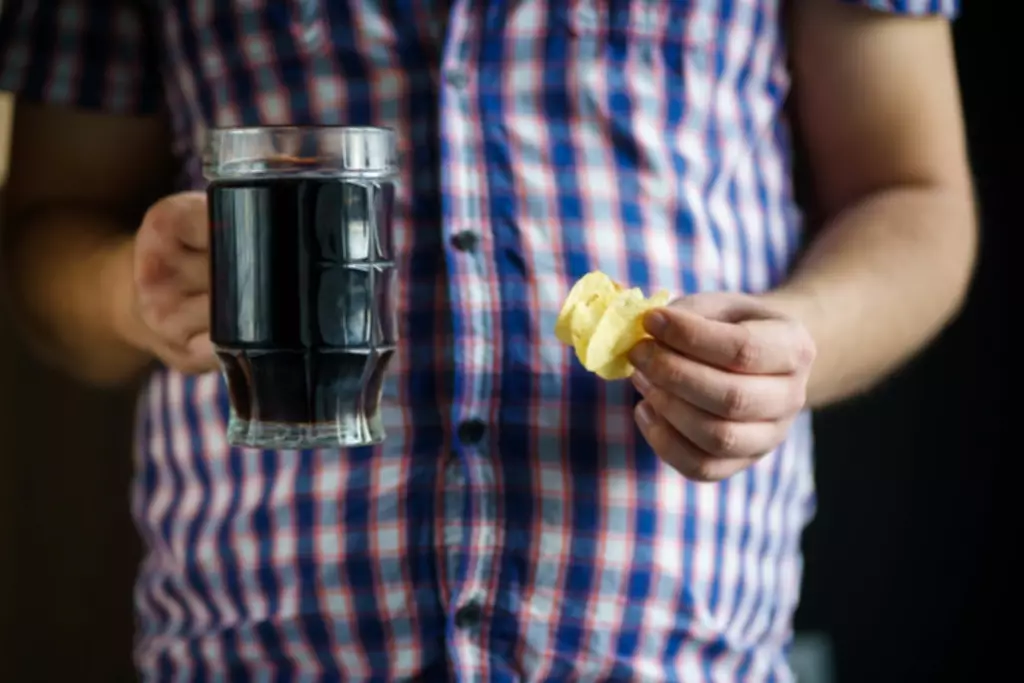Content
Regardless, drug and alcohol abuse is quite dangerous for people with diabetes. This is largely because these substances affect how the body metabolizes glucose. In simpler terms, drugs, and alcohol cause glucose to be too low or too high, both of which are dangerous for people with diabetes. Talk to your doctor about drinking with type 1 diabetes and ask if they would recommend any changes to your routine. Also discuss any medications you are taking and how that might impact the effects of alcohol. Alcoholic pancreatitis normally occurs after 5 to 10 years of heavy alcohol consumption, more often in men in their 40s.
Is wine good for diabetes?
Research suggests that moderate consumption of red wine could have health benefits for those with type 2 diabetes. A glass of red wine with dinner may help lower glucose levels, reducing the body's need for insulin. This occurs as the liver, which produces glucose, must first handle the metabolization of alcohol.
It deserves to be investigated more intensively in diabetogenic effects of chronic alcohol consumption. Therefore, understanding of the pathophysiological bases of these mechanisms should enhance better approaches to a potent therapeutic https://ecosoberhouse.com/ strategy for the treatment of both alcoholism and diabetes. Diabetic eye disease (i.e., retinopathy) is another troublesome tissue complication of diabetes and one of the leading causes of blindness in the United States today.
Alcohol
In contrast, T2DM (non-insulin dependent diabetes) continue to produce insulin in the early phase of the disease; however, the body resists insulin's effect. Initially, resistance can be overcome by increasing insulin production. A deficit in insulin secretion, coupled with the state of insulin resistance, leads to T2DM [20]. Therefore, T1DM is characterized by a complete lack of insulin production, whereas, T2DM is characterized by a reduction of insulin production plus resistance [21]. Unlike T1DM, where insulin therapy can provide effective relief, T2DM requires treatment of insulin resistance, in addition to insulin secretion defects.
Alcohol abuse can worsen many diabetes-related medical complications such as eye disease, nerve damage, and fat metabolism. Only 4% of people reported binge drinking, compared to 36% of those without diabetes. Drinking alcohol can cause fluctuations in your blood sugar levels, which can cause you to develop diabetes. Studies have found that people who drink more than four drinks a day are at an increased risk of developing type 2 diabetes. Alcohol can cause fluctuations in blood sugar levels, and it may also increase your risk of developing type 2 diabetes. While there’s much more involved in the development of diabetes, it seems alcohol could be a serious factor to consider.
Type 2 Diabetes and Heart Disease Risk
When drinking alcohol is combined with the medications most often used to treat diabetes—particularly insulin and sulfonylureas, low blood sugar can result. While a glass of wine with can diabetics get drunk dinner probably isn’t a big deal, a mojito on an empty stomach at happy hour is. A daily cocktail or two may improve blood sugar (blood glucose) management and insulin sensitivity.

The first function, which involves most of the pancreatic cells, is the production of digestive enzymes. Those enzymes are secreted directly into the gut to ensure effective food digestion. Two of the hormones (i.e., insulin and glucagon) are potent regulators of blood sugar levels.
Can I Drink Alcohol If I Have Type 2 Diabetes?
CDC collects data that states and communities can use to inform public health strategies to reduce excessive drinking and related harms. People who binge drink are more likely to have unprotected sex and multiple sex partners. These activities increase the risk of unintended pregnancy and sexually transmitted infections, including HIV. Drinking too much alcohol increases the risk of injuries, including those from motor vehicle crashes, falls, drownings, and burns. It increases the risk of violence, including homicide, suicide, and sexual assault.
- Alcohol can interact with diabetes medications and impact your blood sugar.
- This organ stabilizes glucose levels by storing carbohydrates and releasing them into the bloodstream between meals and overnight.
- The decision to include alcohol in your life with type 2 diabetes is a personal one.